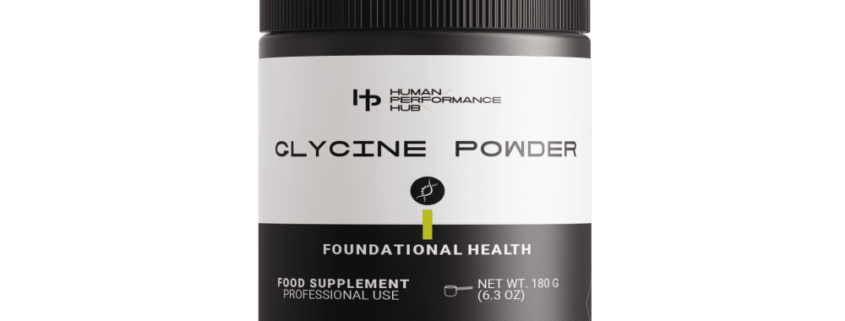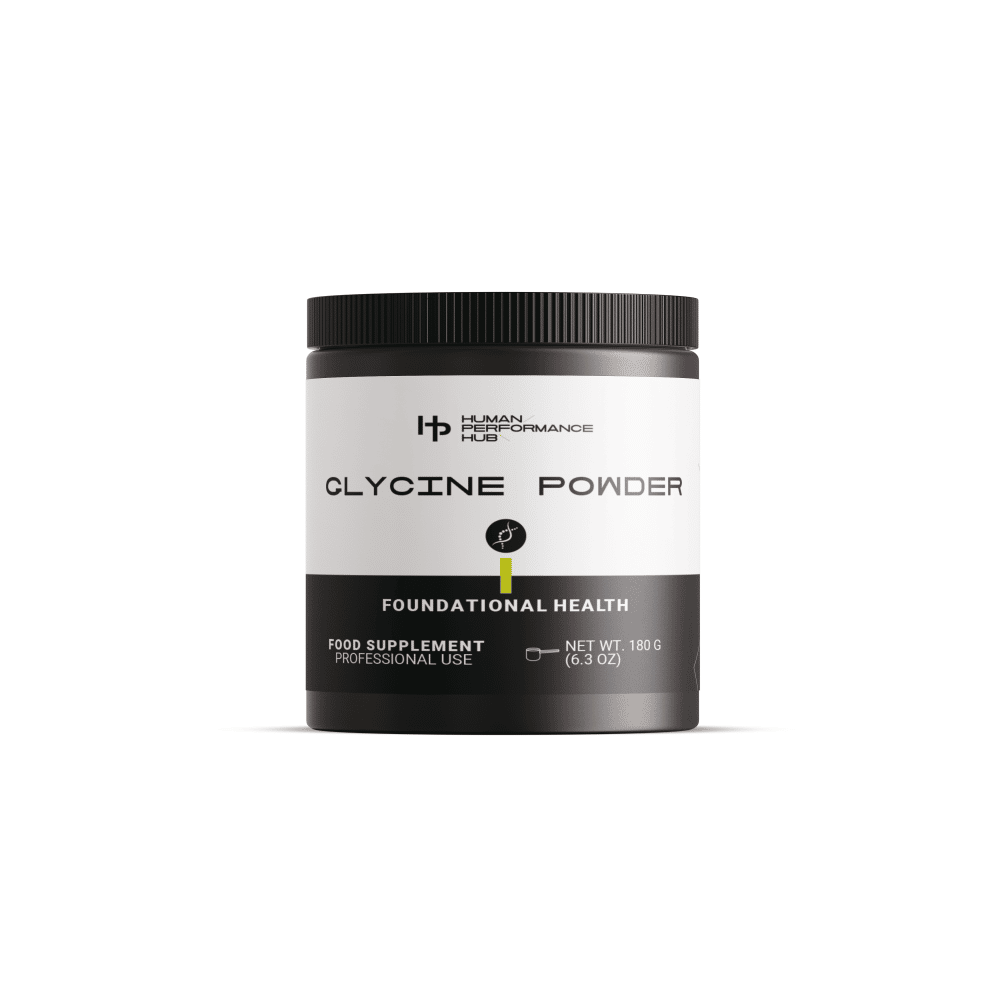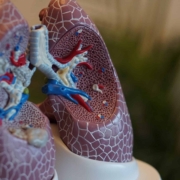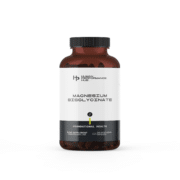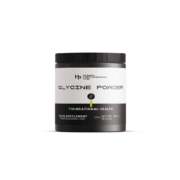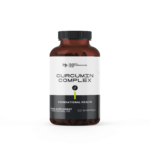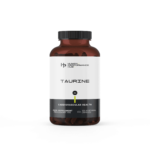Simple and effective
Glycine is the simplest amino acid because it has a single hydrogen atom as its side chain. However, its role in your body is far from simple. Read on to learn more about glycine and how supplementing with Human Performance Hub Glycine Powder powers your health.
What is Glycine?
Glycine is an amino acid and neurotransmitter with numerous positive effects on the body. Getting enough glycine may help sleep, mood, detoxification, brain health, blood sugar control, digestion and even longevity.
Your body needs glycine to produce creatine for supplying energy to muscle and nerve cells. High glycine concentrations are in your muscles, skin, and other connective tissues.
Approximately 30% of collagen is composed of glycine. As an inhibitory neurotransmitter, glycine supports relaxation and healthy stress management.
Glycine is synthesised in the human body, but additional amounts may help meet the body’s many physical and metabolic demands for this amino acid.
You can get glycine in your diet by eating protein-rich foods like meat, fish, dairy, and legumes. However, most people would benefit from supplementing with glycine to ensure optimal levels.
Supplementing with Glycine
Human Performance Hub Glycine Powder offers the amino acid glycine in pure powder form for flexible dosing and convenience. Glycine powder mixes well in water or any other beverage.
Glycine helps support regular muscle tissue repair after a workout. It is recommended for recovery and glycogen resynthesis post-workout, especially for those who follow a low carb diet and prefer to avoid carbohydrates.
Glycine is also beneficial for many other vital functions in the body.
Benefits of Glycine
Supports structural components
Glycine is crucial for producing collagen, a vital structural component of blood vessels, skin, bones, cartilage, tendons, ligaments, and other connective tissue. Supplementing with glycine supports protein synthesis, strong blood vessels, muscle and tissue repair, wound healing, and healthy skin, joints, and bones.
Aids detoxification
Glycine helps the body make glutathione, a critical antioxidant for detoxification processes in the liver. If your glutathione is low, your ability to detoxify toxins or drugs is impaired. Your ability to handle pro-inflammatory oxidative stress, which lowers your seizure threshold, is compromised.
Helps treat gout
Another excellent benefit of glycine is in treating gout – a painful disease usually associated with excessive uric acid levels. Standard treatments of gout are pharmaceutical drugs and recommended lifestyle changes. However, patients have experienced immediate relief by taking one gram of this simple amino acid daily.
Supports liver health and function
Glycine helps repair damaged liver cells and supports liver health. It also assists the liver in making bile salts, which are necessary compounds for adequately digesting dietary fats and eliminating toxins.
Promotes brain health
Glycine functions as a calming neurotransmitter and helps combat occasional stress by promoting relaxation. It’s also helpful in supporting quality sleep and balanced moods.
It helps maintain healthy blood sugar levels.
Glycine helps your body use glucose more efficiently. Supplementing with glycine helps stabilise blood sugar and insulin levels. This is particularly beneficial in cases of Type 2 diabetes, which can lead to low glycine levels.
Recommended use
As a dietary supplement, take 3 grams (approximately 1/2 teaspoon) with water or any other beverage per day or as your health care practitioner directed.
Contraindications
- It is not recommended during pregnancy.
- Close monitoring is recommended for blood-thinning therapy individuals or those with gallstones (stimulates bile flow), ulcers, and G.I. inflammatory conditions.
- Glycine inhibits various P450 enzymes.
Consultations
We’re always here to help. If you have any questions or would like advice on nutrition, supplements or training, please book in for a consultation.
Further Reading:
- One of the most powerful antioxidants in the body N.A.C. / Glutathione
- Liposomal Glutathione
- N.A.C. (N-Acetyl-Cysteine)
References
- Meléndez-Hevia E, De Paz-Lugo P, Cornish-Bowden A, Cárdenas ML. A weak link in metabolism: the metabolic capacity for glycine biosynthesis does not satisfy the need for collagen synthesis.
- Ajioka RS, Phillips JD, Kushner JP. Biosynthesis of heme in mammals. Biochim Biophys Acta.
- Wang W, Wu Z, Dai Z, Yang Y, Wang J, Wu G. Glycine metabolism in animals and humans: implications for nutrition and health.
- Vieira CP, De Oliveira LP, Da Ré Guerra F, et al. Glycine improves biochemical and biomechanical properties following inflammation of the achilles tendon. Anat Rec (Hoboken).
- Chyun JH, Griminger P. Improvement of nitrogen retention by arginine and glycine supplementation and its relation to collagen synthesis in traumatised mature and aged rats. J Nutr.
- Ham DJ, Murphy KT, Chee A, Lynch GS, Koopman R. Glycine administration attenuates skeletal muscle wasting in a mouse model of cancer cachexia.
- Wu G1, Fang YZ, Yang S, Lupton JR, Turner ND. Glutathione metabolism and its implications for health.
- Sekhar RV, Patel SG, Guthikonda AP, et al. Deficient synthesis of glutathione underlies oxidative stress in ageing and can be corrected by dietary cysteine and glycine supplementation. The American Journal of Clinical Nutrition.
- Sekhar RV, McKay SV, Patel SG, et al. Glutathione Synthesis Is Diminished in Patients With Uncontrolled Diabetes and Restored by Dietary Supplementation With Cysteine and Glycine.
- van der Sluis R, Badenhorst CP, Erasmus E, et al. Conservation of the coding regions of the glycine N-acyltransferase gene further suggests that glycine conjugation is an essential detoxification pathway.

